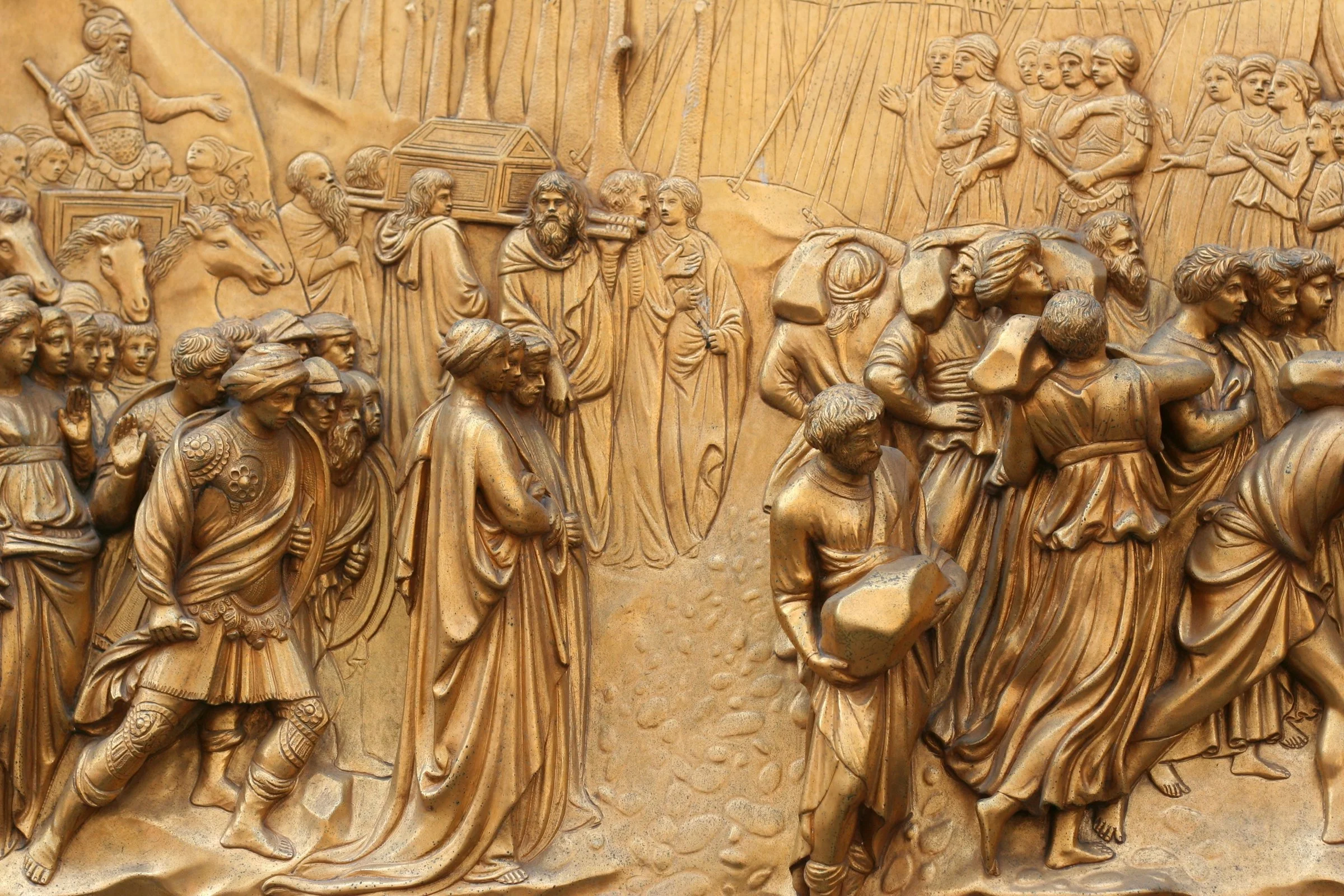The study of the church, including its nature, ordinances, ministries, mission, and governmental structure, is called Ecclesiology. Evolving from the Scottish word kirk, the English word “church” derived from the Greek Kuriakos, meaning “belonging to the Lord.” It is found only twice in the New Testament, an adjective applied to the Lord’s supper and the Lord’s day. The frequent word ekklesia was translated into the English expression “church” that we employ in the New Testament today. Neither Kuriakos nor ekklisa were used to refer to a building or place of gathering until the Greeks, in post-Apostolic times, substituted the term kuriakos, meaning “the Lord’s House,” to designate a church building. In the New Testament, the words used for a religious place of assembly are exclusively temple or synagogue.
Reconnecting The Church to Israel
Throughout history, the church has sought to understand Israel’s place in God’s Kingdom, and the re-establishment of the state of Israel in 1948 has made this issue even more pressing. But the separation of the church from its Hebraic origins drove it into a period of great darkness. This was only exacerbated by an abyss of unbelief and skepticism caused by “the Enlightenment” (Aufklarung in Germany) that had opened in the West, culminating in self-centeredness, self-worship, and a rise in humanism during the Renaissance.
Separation of The Church from Israel
God’s first and only covenant nation is Israel, and He called them His “firstborn son.” And Israel is the only nation He sovereignly chose to reveal Himself to, not a giant and mighty nation, but so insignificant they appeared to be nothing more than a small, powerless family. It says, “You only have I known of all the families of the earth” (Amos 3:2); “The Lord did not set His love on you nor choose you because you were more in number than any other people, for you were the least of all peoples” (Deuteronomy 7:7).
Israel's Covenants and The Kingdom
It can be said that Israel’s origins begin with Abraham, the father faith, as Paul, “It is of faith that it might be according to grace, so that the promise might be sure to all the seed, not only to those who are of the law, but also to those who are of the faith of Abraham, who is the father of us all” (Romans 4:16). God desired that Abram become a source of blessing to the whole world, setting before him a moral imperative to obey His commandment to leave everything of this world behind. Nearly two thousand years before the Advent of Christ, the Lord God made a covenant with Abraham, promising to make of him a great nation and a company of nations: “I will make you a great nation; I will bless you and make your name great; and you shall be a blessing. I will bless those who bless you, and I will curse him who curses you; and in you all the families of the earth shall be blessed” (Genesis 12:2-3).
The Nature of Sin
There are many expressions in the Bible that define sin. Some include: missing the mark or aim, overpassing or trespassing of a line (to transgress), disobedience to a voice, falling where one should have stood upright, ignorance of what one ought to have known, diminishing of that which should have been rendered in full measure, non-observance of a law, lawless or anarchy (complete disregard for the law), and debt, failure in duty, and not meeting one’s obligation to God. The Bible also uses iniquity, godlessness, wickedness, unbelief, unrighteousness, injustice, and unholiness to define sin.
Israel and The Church
The Lord spoke to Jacob, saying, “Your name shall no longer be called Jacob, but Israel; for you have struggled with God and with men, and have prevailed” (Genesis 32:28). Here in Genesis, for the first time, we hear the name “Israel” given by God Himself to Jacob, the patriarch of twelve sons who would become the twelve tribes of Israel.
Are We In The Kingdom?
Yeshua ministered throughout all Judea, Samaria, and the Galilee, saying: “Repent, for the kingdom of heaven is at hand!” (Matthew 3:2). Was He inferring that the Kingdom of God had arrived and that we are now living in it? Not exactly.
The Foundation of His Throne
It is written, “Righteousness and justice are the foundation of Your throne; Mercy and truth go before Your face” (Psalm 89:14). Reading this verse makes me feel like I am standing in a court of law. We are— “I charge you therefore before God and the Lord Jesus Christ, who will judge the living and the dead at His appearing and His kingdom” (2 Timothy 4:1).
Mystery of the Gentiles
The Apostle Paul spoke of several mysteries in his epistles to the church. These mysteries were in essence, God’s hidden wisdom concealed from humanity, until the time He would choose for its revelation;[i] as it is written, “But we speak the wisdom of God in a mystery, the hidden wisdom which God ordained before the ages for our glory, which none of the rulers of this age knew; for had they known, they would not have crucified the Lord of glory” (1 Corinthians 2:7-8).
The New and Everlasting Covenant
I often hear Christians say, “we are no longer under the Law.” True, I reply. You’re a Gentile. You were never under the Mosaic Law, to begin with. So, if the Gentiles have nothing that legally binds them to the Old Covenant, why do they make such a big deal about not being under it? The answer might surprise you. Let’s find out.
Water and Blood
There is an interesting correlation in scripture between water and blood; as it is written, “This is He who came by water and blood—Jesus Christ; not only by water, but by water and blood” (1 John 5:6, NKJV). Water and blood. Together, these are a mystery. Let’s discover their significance.
The Covenant with Levi
In Christian circles, we hear much about God’s covenant with King David. After all, Yeshua is called the King of Kings. However, there is little mention of God’s eternal covenant with Levi and his descendants through Aaron, the first High Priest of Israel after Moses. To further complicate things, Christology has adopted another form of supersessionism regarding the Levitical priesthood, presuming that, somehow, Christ has done away with Aaron’s priesthood, and replaced it with a new one for the church that follows a different order—called “the order of Melchizedek.”













